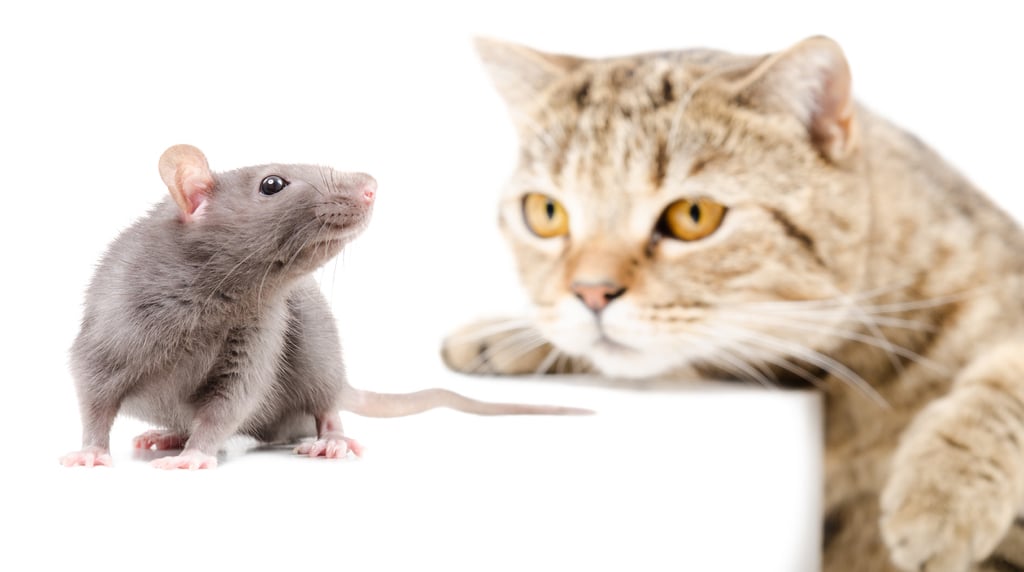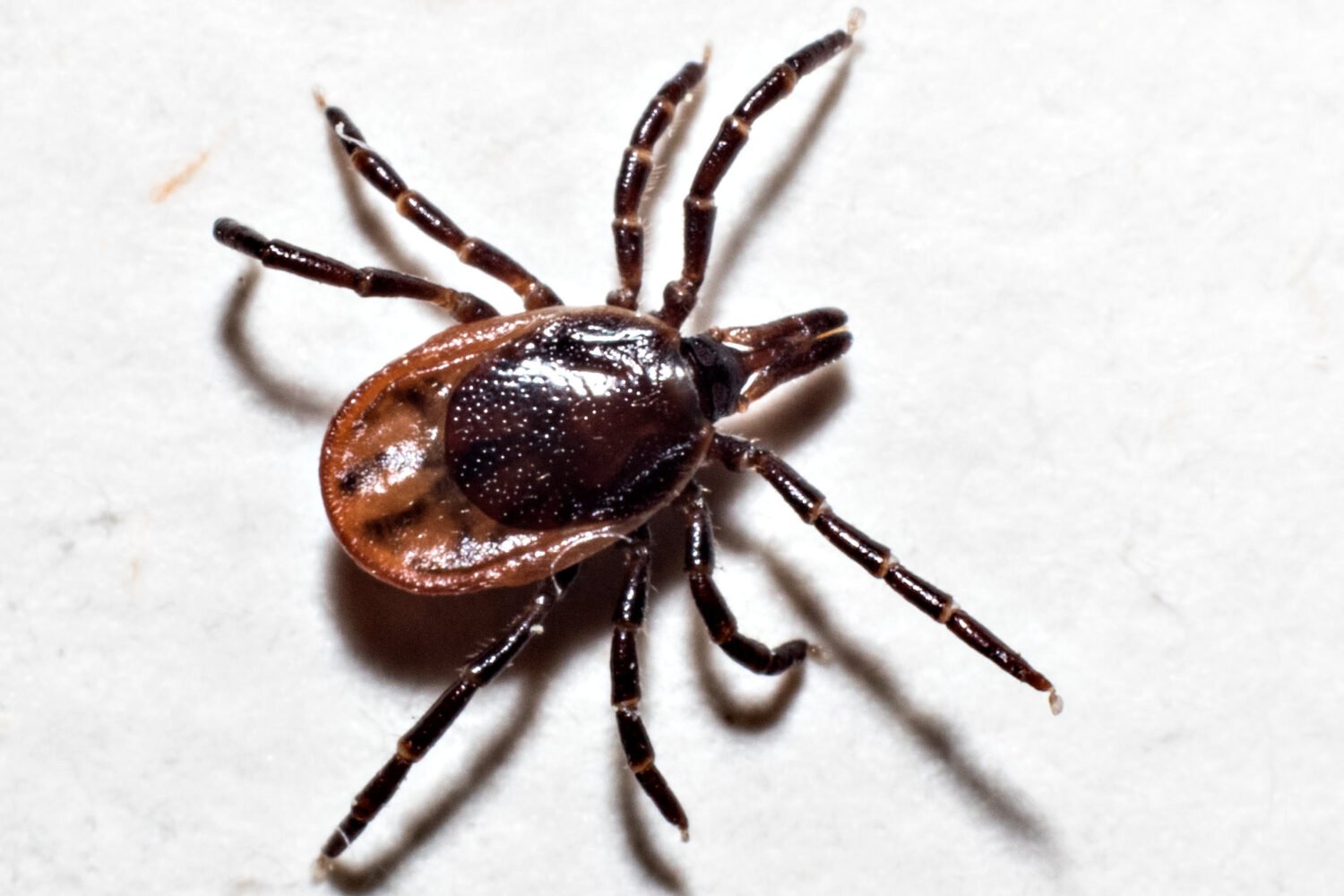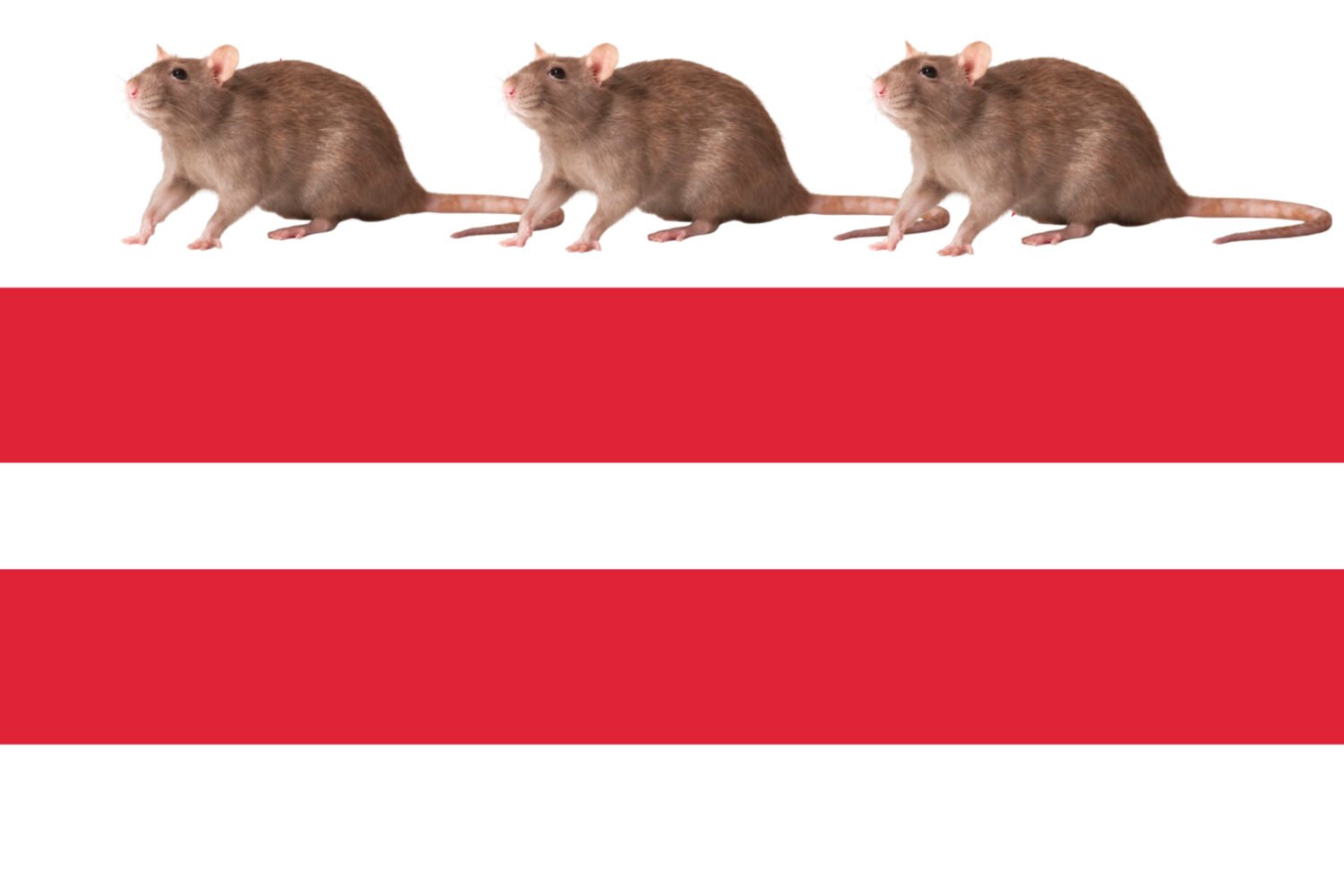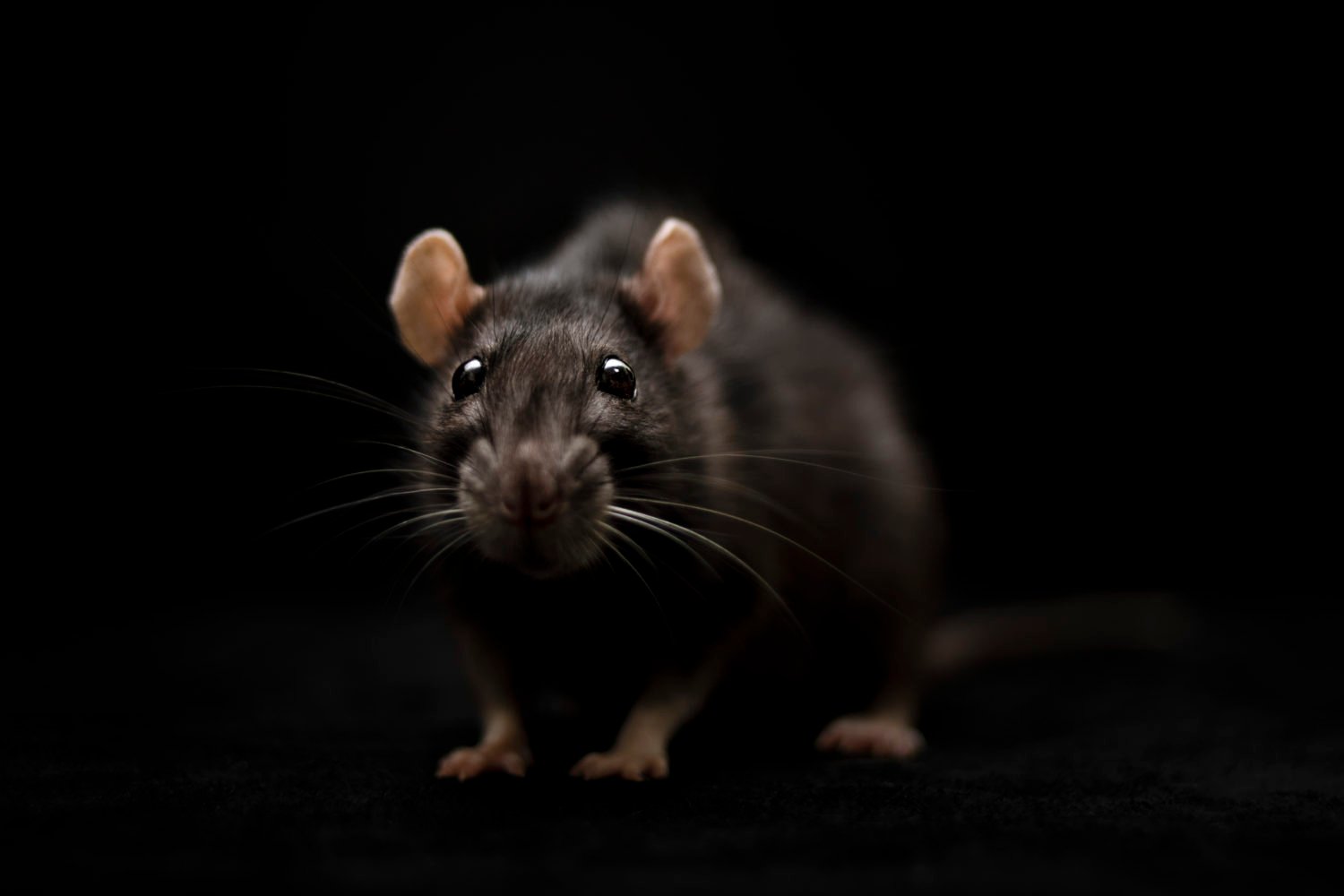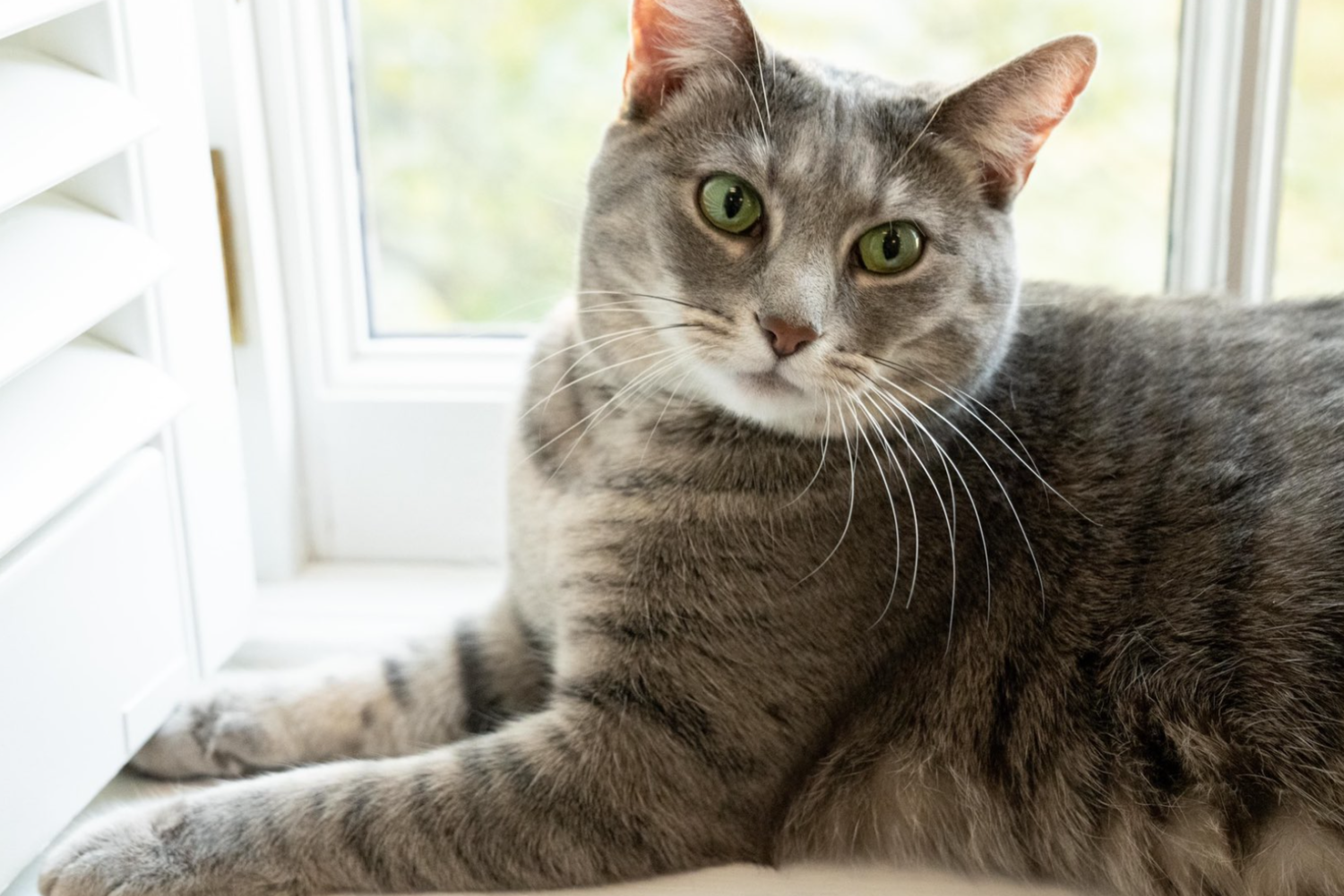Washington has the disgusting distinction of being the third most rat-infested city in the United States, but a new initiative from the Humane Rescue Alliance is trying to correct that with a new program called Blue Collar Cats. The program takes feral felines that come in to the shelter and pairs them with rodent-plagued businesses or homes in exchange for food and shelter.
“That’s always the first goal: we want to place animals in adoptive homes,” says Lauren Lipsey, the Alliance’s vice president for community programs. “But cats that don’t exhibit a lot of [social behavior towards humans] don’t have a lot of options, particularly if they don’t have a safe community or colony to go back to. For those cats, historically euthanasia has been a reality.”
While the District passed trap-neuter-return laws in 2008, some shelter cats aren’t good candidates for adoption or release back into the community. But even the most anti-social feline is still a strong rodent deterrent.
“We’re actively soliciting homeowners and businesses in the area who may not be looking for a companion animal…but one who might join in the business operations by deterring rodents,” Lipsey says. “We’ve partnered with several local bars who have already seen an impact.”
Animal-rescue organizations in Chicago and San Francisco have undertaken similar initiatives. Since January, the Blue Collar Cats has placed seven cats around DC.
The Humane Rescue Alliance is looking to build a database of vetted individuals and businesses willing to take one of these cats as they become available for placement. It’s hoping to have a list of locations prepared to take a cat ahead of the summer months, which is when it typically sees an influx of animals brought into the shelter seeking placement in a permanent home. The cats don’t need much: a safe place to protect it from the elements and where it can retreat for privacy, food and water, and someone checking in on it to assure it’s okay. The cats are also cleaner and less expensive than pesticides.
Lipsey says the Alliance has placed its cats everywhere from an apartment complex with a unused basement to outside a coffee shop. It’s working with a hardware store now. “The goal is to be really creative, and really flexible, because ultimately it means saving more lives,” she says.

